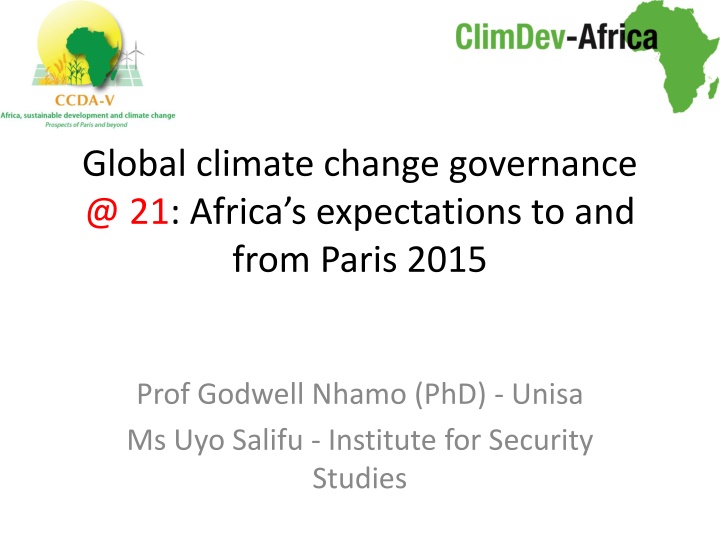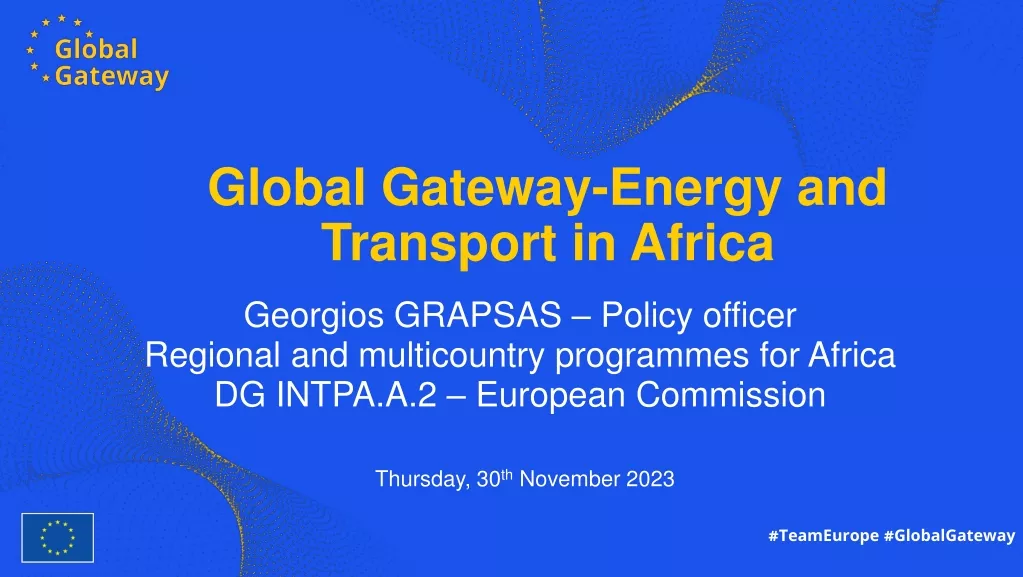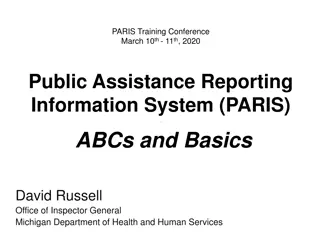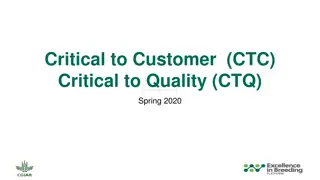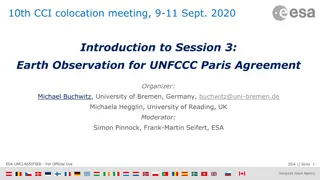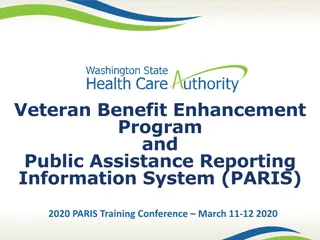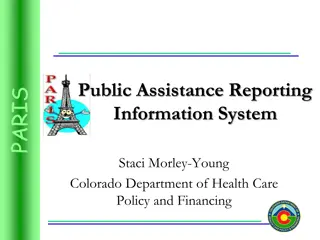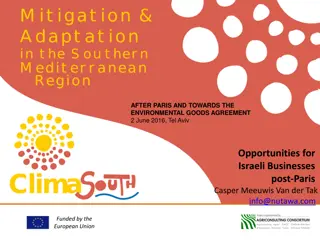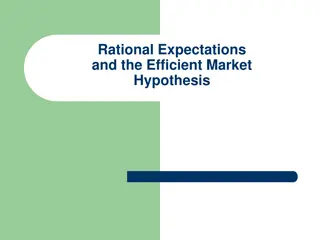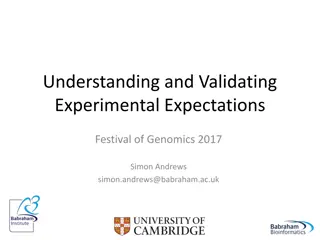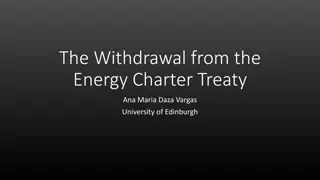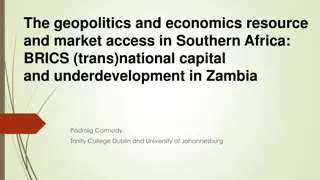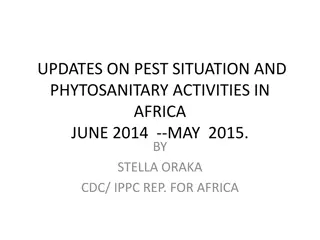Africa's Expectations from Paris 2015: A Critical Analysis
This paper examines Africa's stance on global climate change governance leading up to the Paris 2015 conference. It delves into key findings such as the need for self-esteem, learning from past mistakes, and the importance of equity and inclusiveness in climate negotiations.
Download Presentation

Please find below an Image/Link to download the presentation.
The content on the website is provided AS IS for your information and personal use only. It may not be sold, licensed, or shared on other websites without obtaining consent from the author.If you encounter any issues during the download, it is possible that the publisher has removed the file from their server.
You are allowed to download the files provided on this website for personal or commercial use, subject to the condition that they are used lawfully. All files are the property of their respective owners.
The content on the website is provided AS IS for your information and personal use only. It may not be sold, licensed, or shared on other websites without obtaining consent from the author.
E N D
Presentation Transcript
Global climate change governance @ 21: Africa s expectations to and from Paris 2015 Prof Godwell Nhamo (PhD) - Unisa Ms Uyo Salifu - Institute for Security Studies
Problem statement The 21st birthday brings along significant landmarks. In many countries, 21 years signifies adulthood and independence. This paper teases out matters relating to how far Africa has grown and become independent within the context of the global climate change governance. Will Africa get what it needs to and from Paris 2015? 8-10 Oct. 2014, Marrakech, Morocco 2
Methods: International relations and actor/actant network theory Global interest s Continental Interests The State Interests The wheels of interests that turn global climate governance 3
Methods: International relations and actor/actant network theory Global Climate Regime Continental Climate Regimes Global climate positions dominated by the global agenda Sub- Continental Climate Regimes National Climate Regimes (including State and non-State Actors 4
Key Findings 1. Africa needs to up its self-esteem 2. Learning from COP1-20 - Avoiding a Kyoto Protocol repeat 3. We need a global wellbeing deal 4. A call and need to challenge the big brother approach 5. Equity, inclusiveness, polluter pays and precautionary principles 5
Key Findings 6. Monitoring, reporting and verification (MRV) in global climate funding 7. Adaptation and mitigation Africa Agenda 2063 8. Deal breakers: No agriculture, No mining, NO DEAL 9. INDCs still mitigation biased 6
Key Findings 10. A call for political support to African negotiators 11. Continue to speak with one voice 12. Means of implementation 13. Continuity in negotiations (including increasing warm bodies) 14. Matters of good governance 15. Addressing CC within the bigger African and global SD agenda 7
Key Findings 16. Value chains, value addition and localization of technologies 17. A call to avoid having the new climate deal as a non- tariff barrier 18. Being on the watch for the Group of Two (G2) 19. Indigenous and/or local vs modern and/or scientific knowledge systems 20. Tired of delaying tactics 8
Key Findings 16.Challenges with local government 17.Are we still to run with the green economy agenda already lost from the SDGs 18.Is it true Africa is most vulnerable due to climate change or bad governance? 19.From here comrades, we might be on our own!! 9
Thank you Tandenda 10
